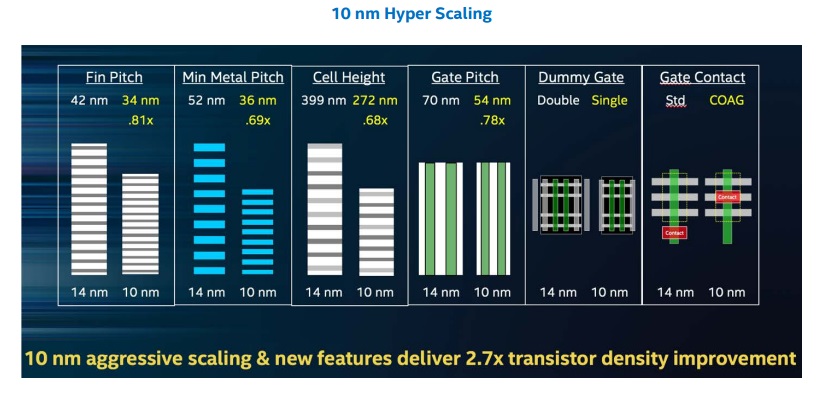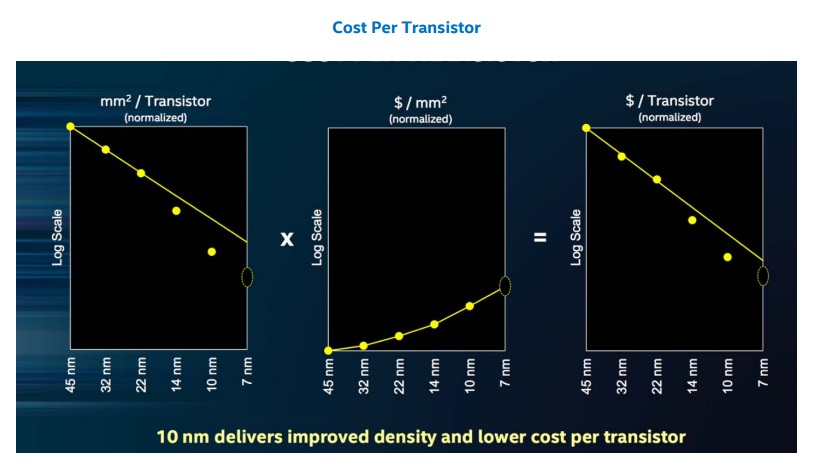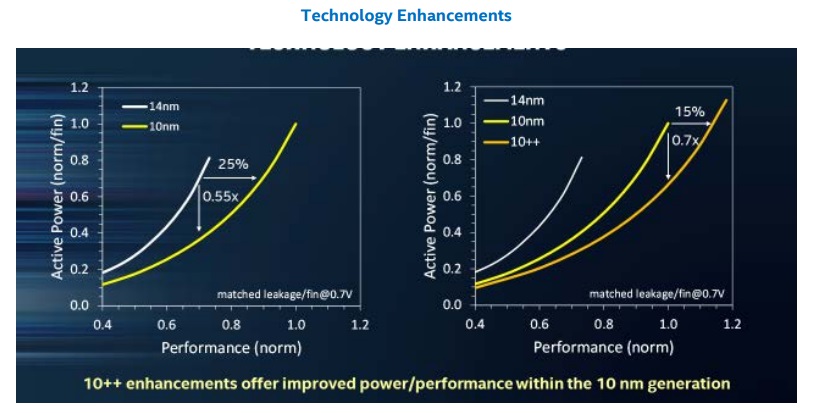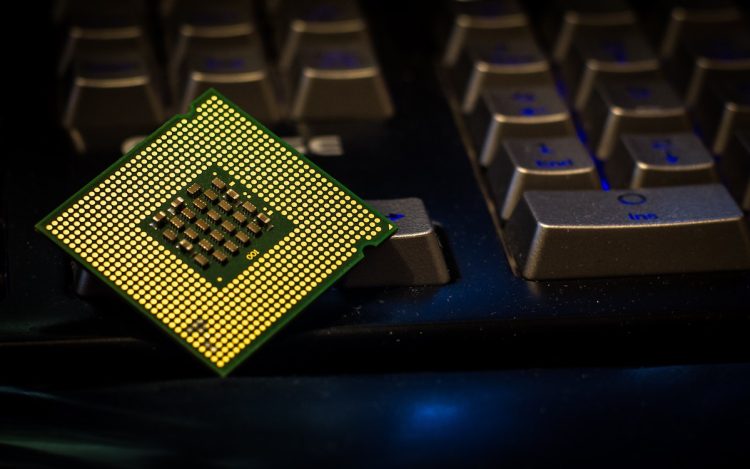Intel’s 10nm Cannon Lake chips may still be delayed, but that hasn’t stopped the company from talking about the improvements that they will bring. The microprocessor maker has fallen behind mobile chips in releasing a 10nm product; but says that the wait is worth it.
According to the presentation, the eighth generation Intel Core processors use the 10nm manufacturing process more efficiently that then competition. The hyper scaling process not only shrinks the size of the transistors, but also the minimum gate size and metal pitch shrinks.


What this translates into is transistor density that is 2.7 times greater than that of the 14nm process. More importantly, Intel claims that this will also be twice as dense as other 10nm-based chips on the market.

This new process will also translate into 25 percent better performance and a 45 percent increase in power efficiency over the 14nm process. Which is something that Intel needs after the minor incremental benefits we saw with Kaby Lake.
Intel has a lot riding on Cannon Lake. It’s the first die shrink since the extended development process was announced. More importantly, AMD has made a comeback of sorts with the Ryzen processors; which could spell renewed competition in the PC processor market.
[Source: Intel]


